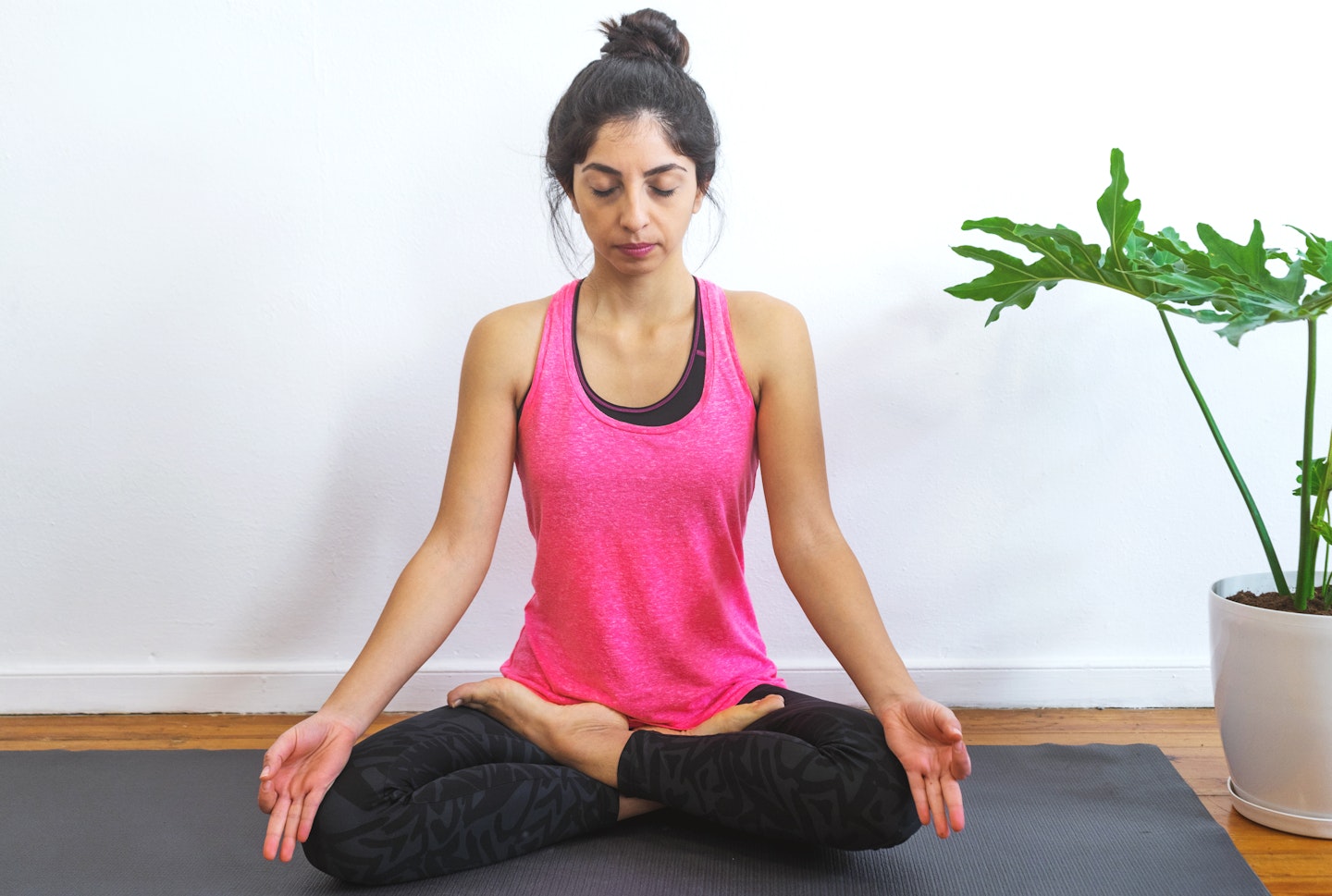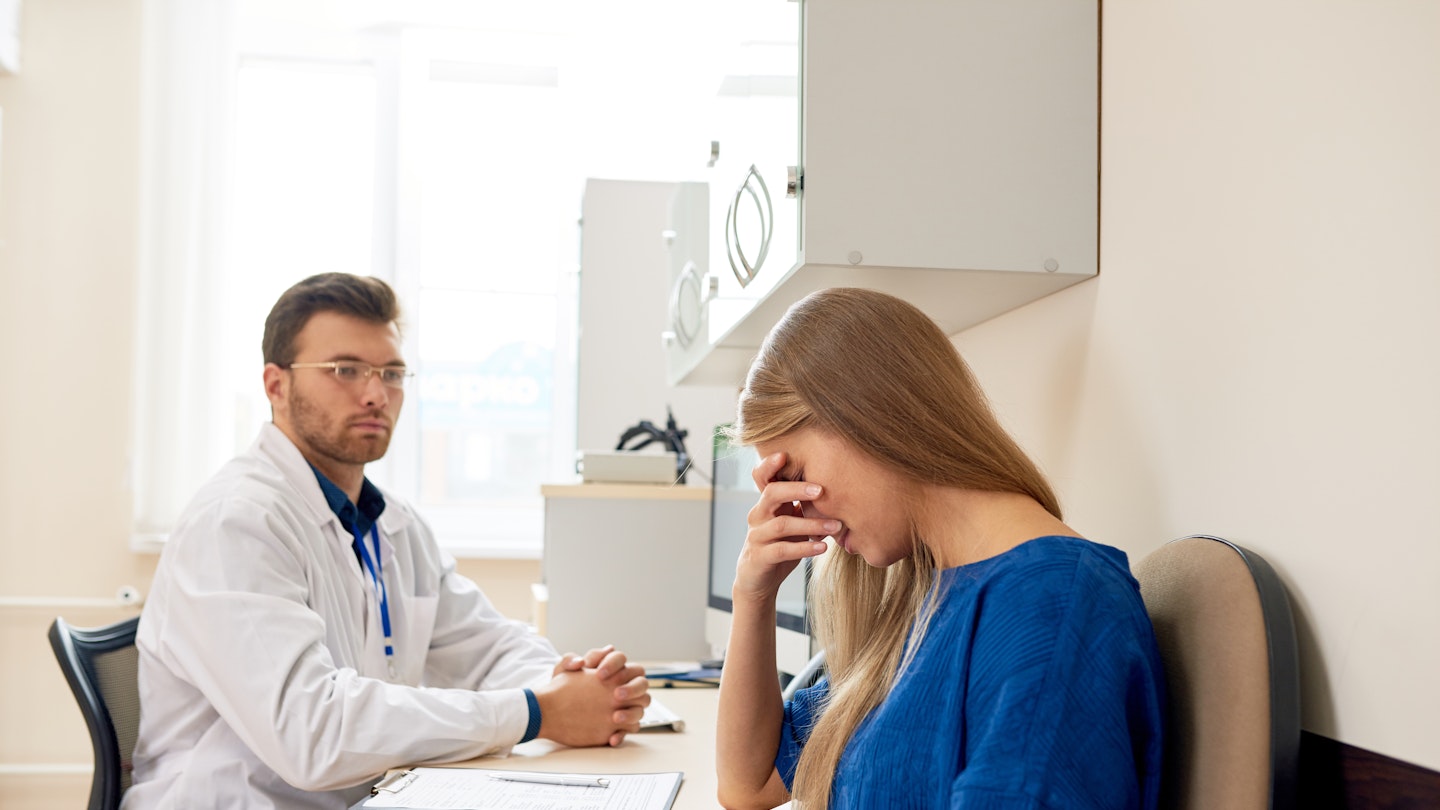Looking into the research that has been done around women’s contraceptive health won’t take you long. It’s been notably neglected since the contraceptive pill was invented 67 years ago, when scientists rubbed their hands together and said ‘right, that’s that done with,’ happy to ignore the side effects of crippling pain, rollercoaster hormones, acne, weight gain and much, much more. Of course, the male contraceptive pill will be subject to much greater scrutiny, while we continue to inject ourselves with hormones that give us depression, coils that cause endless months of bleeding and stick on patches that have us bedbound with pain for days.
Women’s health hasn’t been a priority for scientific research: that much can be proven by the average eight-year delay in diagnosing endometriosis, the 70% of cases of Polycystic Ovarian Syndrome that continue to go undiagnosed, or simply every time you go the doctor to be told excessive pain is ‘all part of being a woman’. However, one company has set out to tackle this, starting with the lack of information we have around women’s health online.
Clue, the period tracking app, has launched a health hub online to answer all of your menstrual and reproductive questions in a way you can actually relate to. Their aim is not only to answer our health-related queries, but to show the world just how huge the gap in the market is for femtech - which is defined as ‘software, diagnostics, products, and services that use technology to focus on women's health’.
Having been inundated with health inquiries from the launch of their app, the Clue team decided it was time to expand their current service, which involves tracking your menstrual cycle to better understand your PMS, fertility and predict your cycle. The endless requests for health information highlighted an education gap, which was proven by their 2016 study into how people across the world feel about periods and how much they really know about their reproductive health.
They found that 61% of women in India didn’t receive any education about their periods, 77% of British women use euphemisms to refer to their cycle and only 32% of them are comfortable discussing it with male family members. Seeing that there was seemingly still a huge stigma around periods, it was clear that women and men alike aren’t exposed enough to menstrual and reproductive information.
The result was Clue's health hub, a website aiming to fill the informational void between NHS pages of scientific information and ‘wellness gurus, telling you PMS can be solved with apple cider’ with factual content that was, in Clue co-founder Ida Tin’s words, ‘not boring’.
‘We felt that when women have a question about their health, what they will find on the web is either sterile Web MD information, which is scientifically valid but not very high on emotional intelligence, or lifestyle pieces that feel nice [to read] but you don’t really know that it’s factually right and scientifically valid’ she told Grazia UK, ‘so we wanted to create a page where people can go and find information they can trust is fact checked and scientifically valid but at the same time is accessible, not boring, and feels like it gets you as a woman.’
And they’ve already started myth busting, with Ida claiming one of their biggest questions is ‘can I get pregnant on my period?’ (you can, by the way). However, that’s not the only surprising inquest they’re asked all the time, questions as simple as ‘what is a period?’ are common.
‘The amount of information [people don’t know] is really staggering all over in Europe and America, it’s not just a third world country problem. Even the most basic things like “what is a period?”, “what is ovulation?”, “what days can I become pregnant?”’ Ida continued. For her however, some of the most crucial questions to answer are about the health conditions women are dealing with every day, yet go undiagnosed by doctors. Helping women understand endometriosis and PCOS is of vital importance for her, which all starts with understanding what a normal cycle should look like.
‘If people knew more about what a normal bleeding pattern is and what normal pain patterns are, then maybe more people would be like “okay, what I’m experiencing is way off, I need to go see a doctor”’, she said, emphasizing however that this is just the start of the battle, ‘and not just see a doctor but really insist to get care, because unfortunately we keep seeing that people do go to the doctor and the doctor will say “yes, it’s painful to be a woman, it’s normal” when in fact it’s not normal and they had a condition like PCOS or endometriosis and they could’ve received help in managing the condition better.’
This scenario is something far too many women are all too familiar with, however Ida’s best advice is to track your cycle and take the data along with you to your doctor’s appointment.
‘Data somehow speaks louder than a woman’s own voice,’ she continued, ‘but if you can say “this has been my pattern, this is what it is now and this is what it was two years ago, it has changed”, that can be helpful.’
It shouldn’t be necessary, but Ida’s advice is vital to ensure doctors take menstrual symptoms seriously. It’s initiatives like that, and a strong desire to ensure women’s health is taken seriously, that inspired Clue’s new health hub, and it’s the reason we have endless faith it will fulfil its mission to become women’s primary source for reproductive and menstrual health information.
And it’s only the start for femtech, if Ida has anything to do with it. For her, the everyday nuisances we just accept as all part of the life of a woman are the very opportunities to create products and invest in new ways to manage our health concerns.
‘I hope more women will start femtech companies to say “Hey, I don’t want to be in pain for six months when I try a new pill, what if we could do something else?” There is so much opportunity and people just need to do it!’
So, let’s get our cheque books out. It seems women’s health is a huge untapped area for innovation and new products, and it’s time we invested in it.
Stock images of women on their periods are depicted as debilitating and perpetuate women being seen as victims, so we compiled images of what women ACTUALLY look like on their period...
Debrief Women On Their Period 'Real' Stock Images
 1 of 18
1 of 18At Work
 2 of 18
2 of 18Reading A Book
 3 of 18
3 of 18Working Out At The Gym
 4 of 18
4 of 18Listening To A man Talk About Something Boring
 5 of 18
5 of 18Watching TV
 6 of 18
6 of 18Eating Spaghetti
 7 of 18
7 of 18Training At Boxing Ring
 8 of 18
8 of 18Going Rock Climbing
 9 of 18
9 of 18Going Swimming
 10 of 18
10 of 18Eating An Ice-cream
 11 of 18
11 of 18Going On A Date
 12 of 18
12 of 18Walking The Dog
 13 of 18
13 of 18Catching a Train
 14 of 18
14 of 18Going Food Shopping
 15 of 18
15 of 18Hanging Out With Friends
 16 of 18
16 of 18Doing Yoga
 17 of 18
17 of 18Riding A Bike
 18 of 18
18 of 18